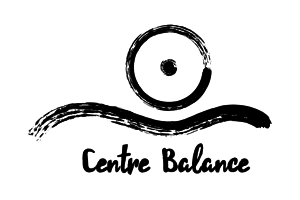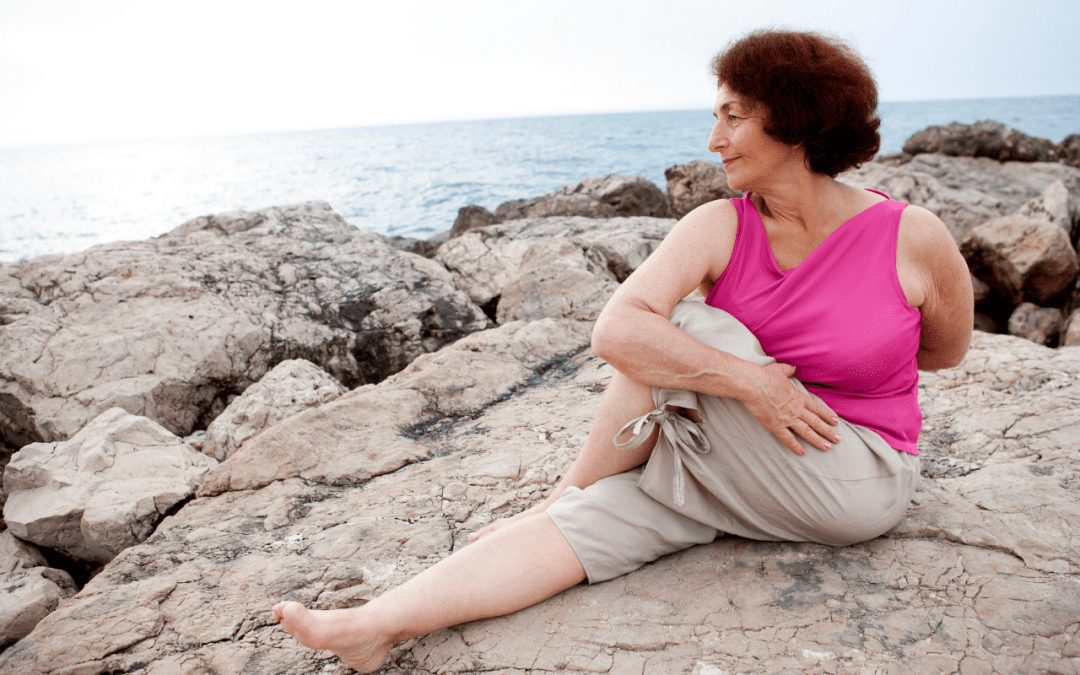Talking about aging doesn’t seem to be a popular topic in a time where we seemingly make “ageless living” and “reversing aging” goals to thrive for. We hope to escape what aging naturally brings to us and have forgotten that there is beauty and wisdom in aging that once was honored and celebrated. The term “elder” carries some of the wisdom.
Recently, I watched a 12-part series called “Alzheimer’s – the Science of Prevention”. I loved how it supported my cheeky PR slogan “Yoga for Healthy Aging is not just for old people” with science about brain health and why we need to start in our thirties to consider our lifestyle as a foundation for healthy aging. The medical and nutrition experts (see below for a list) who contributed to the series explained that while Alzheimer Disease cannot be healed, it is preventable through lifestyle choices. Alzheimer’s (the most common form of dementia) is growing in epidemic proportions particularly where people adapted a western life style; it is underestimated, underreported and leads to increased mortality.
The good news: Prevention is possible and so are improvements when the condition is already present even for those who have a genetic predisposition. Much of the science points to role of inflammation and its root causes in the development of the disease which makes this approach holistic. Here is a simplified explanation: Inflammation is a natural reaction of our bodies to respond to infection or high levels of toxicity; it activates the body’s immune system to deal with what is going on. When this mechanism becomes overactive “the chronically activated immune system sometimes attacks the body’s own tissues” leading to cardiovascular disease, cancer arthritis and Alzheimer’s. (Bredesen, p. 124)
Dr. Bredesen (MD), in his book “The End of Alzheimer’s -The First Program to Prevent and Reverse Cognitive Decline” makes recommendations that relate to nutrition, hormone balance, exercise, stress management and brain training as important factors to improve quality of life and brain health. This understanding is empowering since we have control over our self-care and life style choices. Others have pointed to the importance of optimizing sleep as remedy to decrease inflammation.
Where nutrition, exercise, stress management, restorative sleep and optimizing cognitive ability are recognized in an integrated approach to addressing inflammation and brain health, Yoga, Yoga Therapy and Ayurveda fit in and may play a large role. Lifestyle changes influence genetic expression through a process called epigenetics – so it’s never too late, yet there are benefits in starting as soon as possible.
Yoga and Yoga Therapy have proven to reduce stress and improve sleep. A skilled yoga therapist employs tools like meditation, mindfulness, breathing practices and customizes them for personal needs, goals, preferences and safety.
Holistic understanding of the human being through the five aspects of human being (understood as Koshas in Yoga) do not isolate emotions, energy, wisdom and spiritual connection from the physical body. Yoga therapy promotes overall awareness, interoception (sense of the internal state of the body), proprioception (sense of the position and movement of the body) seamless.
Here are some different ways how Yoga practices can influence our well-being: Yoga asana offers many adaptable movement variations that can support stress, sleep, and pain regulation. Yoga movement can also be more vigorous and serve as physical exercise. Regular exercise (including yoga, strength and cardio variations) reduces insulin resistance and stress, increases the size of the hippocampus (key region for memory), improves vascular function, sleep and mood. (Bredesen, page 191)
The philosophy and teaching of the Vedic traditions where Yoga derives from have also recognized the importance of understanding purpose in life and how it contributes to overall well-being, lifestyle choices including the acceptance of the different stages of a human life.
And then there is Ayurveda “the Science of Life” a complex system of preventing dis-ease in an attempt to avoid treating manifested illness. Among others Dr. Bredesen for example recommends some of the most recognized Ayurvedic herbs to support reversing cognitive decline.
No matter how young you are or feel, care for your brain health by making lifestyle changes that support your well-being.
Some of my offerings include Yoga Therapy for Healthy Aging, Insomnia, Back Care, Pelvic Health and Pain Care. You can find out more at www.centrebalance.ca or connect directly via regina@centrebalance.ca
Resources and Information:
Aging and sleep: Making changes for brain health: https://www.health.harvard.edu/blog/aging-and-sleep-making-changes-for-brain-health-2019031116147
Baxter Bell (MD) and Nina Zolotow in their book Yoga for Healthy Aging explain how yoga can address concerns related to strength, flexibility, balance, agility, cardiovascular health, brain health, and stress management, among other issues. There is also a great blog site: yogaforhealthyaging.blogspot.com
The End of Alzheimer’s. the first Program to Prevent and Reverse Cognitive Decline. Dale E. Bredesen, MD. 2017 & 2020. New York Avery.
Alzheimer’s Science of Prevention and https://scienceofprevention.com/closed/

